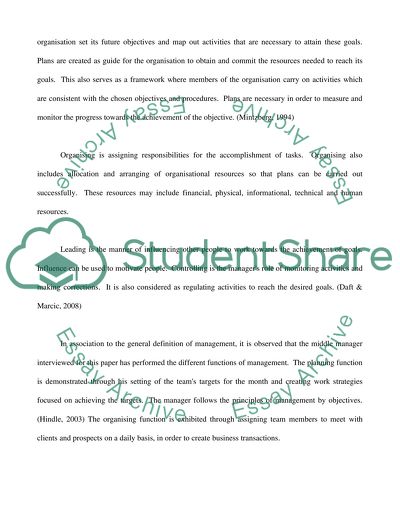Cite this document
(“Basic skills for managerial success Essay Example | Topics and Well Written Essays - 1500 words”, n.d.)
Retrieved de https://studentshare.org/miscellaneous/1519867-basic-skills-for-managerial-success
Retrieved de https://studentshare.org/miscellaneous/1519867-basic-skills-for-managerial-success
(Basic Skills for Managerial Success Essay Example | Topics and Well Written Essays - 1500 Words)
https://studentshare.org/miscellaneous/1519867-basic-skills-for-managerial-success.
https://studentshare.org/miscellaneous/1519867-basic-skills-for-managerial-success.
“Basic Skills for Managerial Success Essay Example | Topics and Well Written Essays - 1500 Words”, n.d. https://studentshare.org/miscellaneous/1519867-basic-skills-for-managerial-success.


